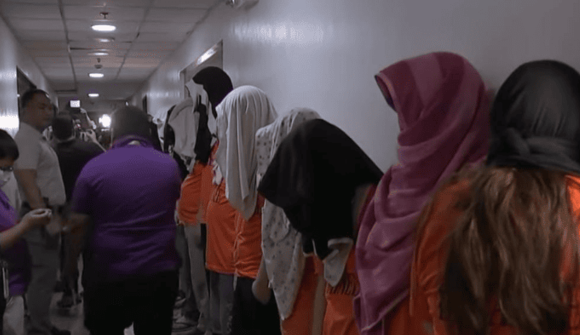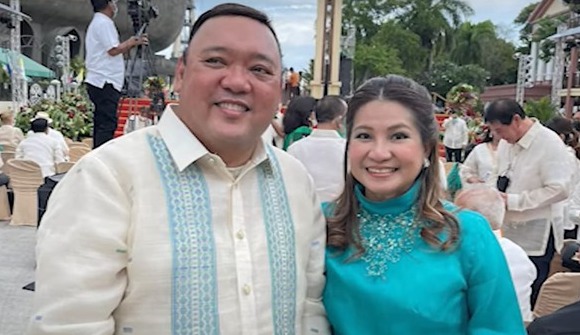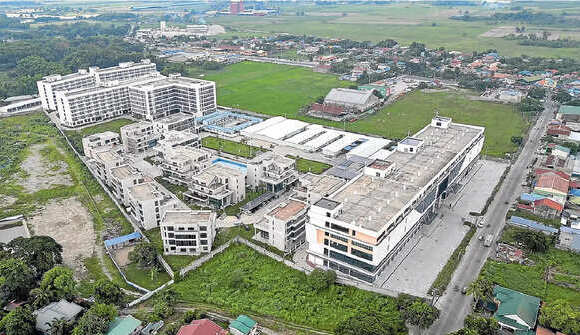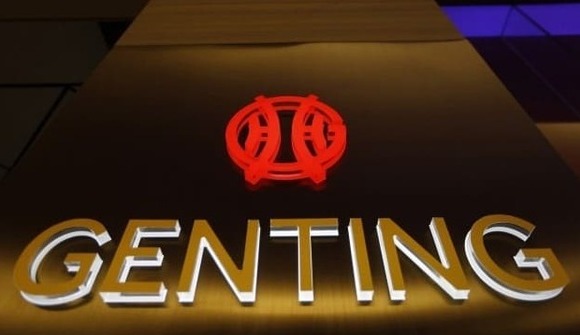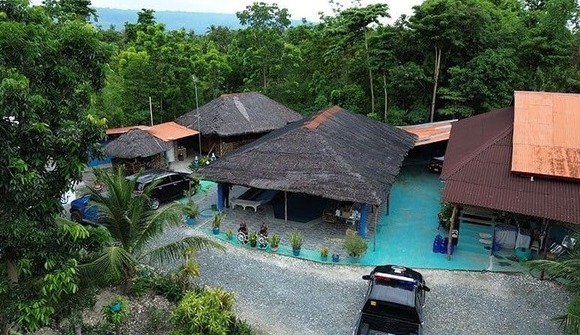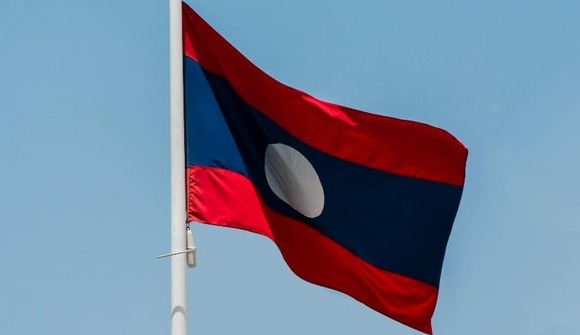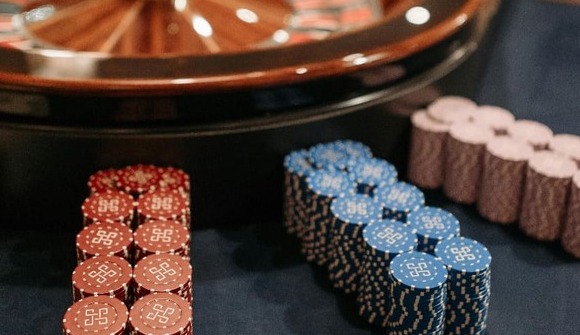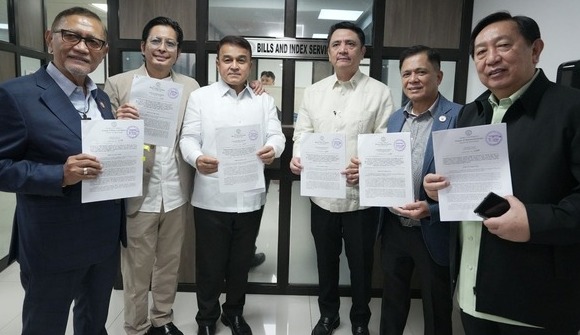
House Quad Comm Files Bills Enforcing POGO Ban and Penalizing EJKs
A bill has been filed in the House of Representatives that seeks to enforce a total ban on Philippine Offshore Gaming Operators (POGOs). The proposed legislation, known as House Bill No. 10987, was introduced just before a quad committee hearing commenced on October 11, 2024.
The Anti-Offshore Gaming Operations Act aims to reinforce President Ferdinand Marcos Jr.’s directive by officially outlawing all POGO activities and revoking existing contracts related to these operations. The authors believe this approach is crucial for ensuring public safety and national security.
The Inquirer cites a portion of the bill which states, “Any provision of existing laws to the contrary notwithstanding, all licenses or franchises issued to any person or entity, including gaming agents and service providers, by the Philippine Amusement and Gaming Corporation (PAGCOR), Cagayan Economic Zone Authority (CEZA), Aurora Pacific Economic Zone and Freeport Authority (Apeco), and Authority of the Freeport Area of Bataan (Afab), to conduct offshore gaming operation in the country are hereby deemed withdrawn, revoked or cancelled.” This clearly indicates a comprehensive crackdown on POGO operations.
Moreover, the bill stipulates that regulatory bodies such as PAGCOR and CEZA will no longer be permitted to issue any licenses or permits for offshore gaming. The implications of this are significant, as it seeks to dismantle the operational framework that has allowed POGOs to flourish in the Philippines.
Should the bill pass, it will prohibit several specific activities related to offshore gaming. The following acts will be considered prohibited:
– Facilitate offshore gaming through any means or device
– Accept any form of betting for offshore gaming operations
– Operate as a service provider of any component of offshore gaming operations
– Construct or maintain any operation hub or a structural complex that houses the operations and logistical, administrative, and support services for offshore gaming
– Establish any gaming laboratory or provide services as a gaming laboratory
– Possess any offshore gaming paraphernalia
– Aid, protect, or abet the conduct of any of the above-mentioned acts
The bill highlights that POGOs offer limited economic benefits, accounting for just 0.2 percent of the Philippines’ gross domestic product (GDP) in 2023.
If enacted, the legislation would impose prison sentences of four to ten years on offenders, along with fines of up to P10 million for repeat violations. Additionally, foreign workers associated with POGOs would be subject to immediate deportation.
Meanwhile, government officials implicated in aiding these illegal operations would be removed from their positions and forfeit any associated benefits.
The authors of the bill, including Senior Deputy Speaker Aurelio Gonzales Jr. and Deputy Speaker David Suarez, argue that institutionalizing anti-POGO measures is essential. They were joined by quad-committee chairpersons such as Surigao del Norte Rep. Robert Ace Barbers, Santa Rosa City Rep. Dan Fernandez, Abang Lingkod party-list Rep. Joseph Stephen Paduano, and Manila Rep. Bienvenido Abante Jr., along with other influential members.
The issue of POGOs has been a focal point for the quad committee, particularly in light of past investigations into extrajudicial killings and the illegal drug trade. Reports indicate that numerous POGO hubs, including those in Porac, Pampanga, and Bamban, Tarlac, have been raided due to alarming accusations involving torture, kidnapping, human trafficking, prostitution, and even murder.
Concerns have also been raised about the potential misuse of funds generated by POGOs, suggesting that money from these operations could have been funneled to law enforcement officers involved in illegal activities. Additionally, there are fears that POGOs could pose a threat to the Philippines’ national security.
The bill’s authors noted, “Several raids conducted by law enforcement agencies on illegal POGO hubs reveal cases of kidnapping, illegal detention, human trafficking, prostitution, and torture.” They further stated, “Authorities suspect that illegal POGOs are likewise involved in cybercrime, investment scams, money laundering, tax evasion, and other fraudulent practices.” This paints a dire picture of the implications surrounding POGO operations.
In a related effort, the same lawmakers have introduced House Bill No. 10986, or the proposed Anti-Extrajudicial Killing Act. This bill aims to address the grave threat posed by extrajudicial killings to the rule of law and human rights in the Philippines. The explanatory note emphasizes the need for accountability in such cases, declaring that these acts undermine public trust in the justice system.
The note states, “Extrajudicial killing or the killing of individuals without judicial proceedings or legal authority poses a grave threat to the rule of law, democracy, and the protection of human rights.” The proposed measure seeks to criminalize extrajudicial killings explicitly, ensuring that anyone found guilty will face criminal penalties, regardless of their rank or position.
Barbers has reassured critics that the quad committee’s investigation is aimed at legislative improvement. The discussions are meant to lead to amendments of existing laws or the creation of new ones. In a previous hearing, Barbers even mentioned considering the revival of the death penalty for heinous crimes, indicating that the committee is exploring a range of serious legislative changes.
Read related article: Has the POGO Ban Affected the Attractiveness of PH as an Investment Hub?
Other Interesting Articles
 PAOCC Probing Elected Chinese Nationals Amid “POGO Mayor” Scandal
PAOCC Probing Elected Chinese Nationals Amid “POGO Mayor” ScandalOct 11, 2024




